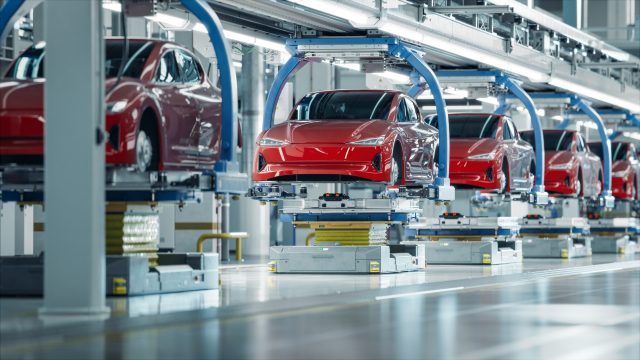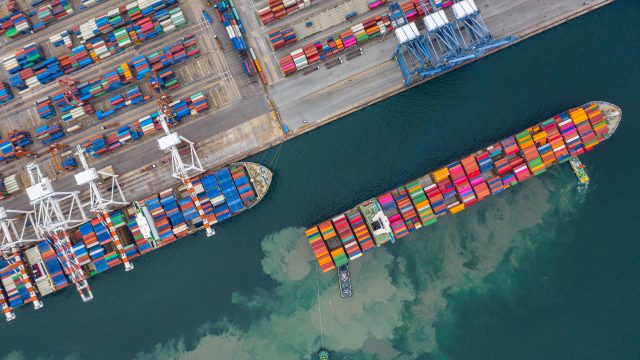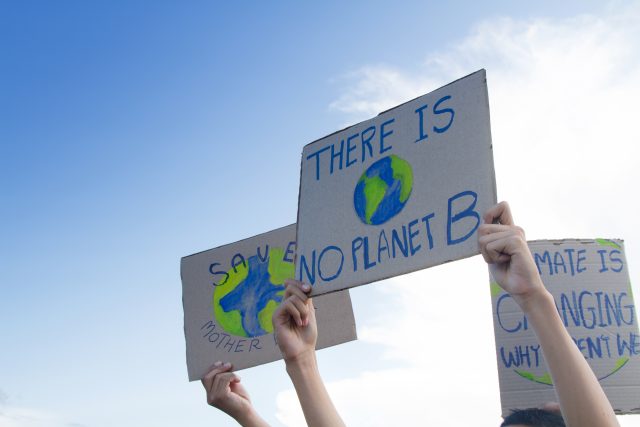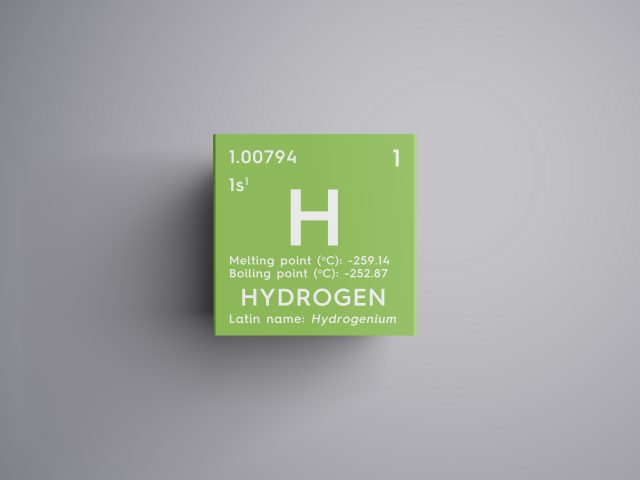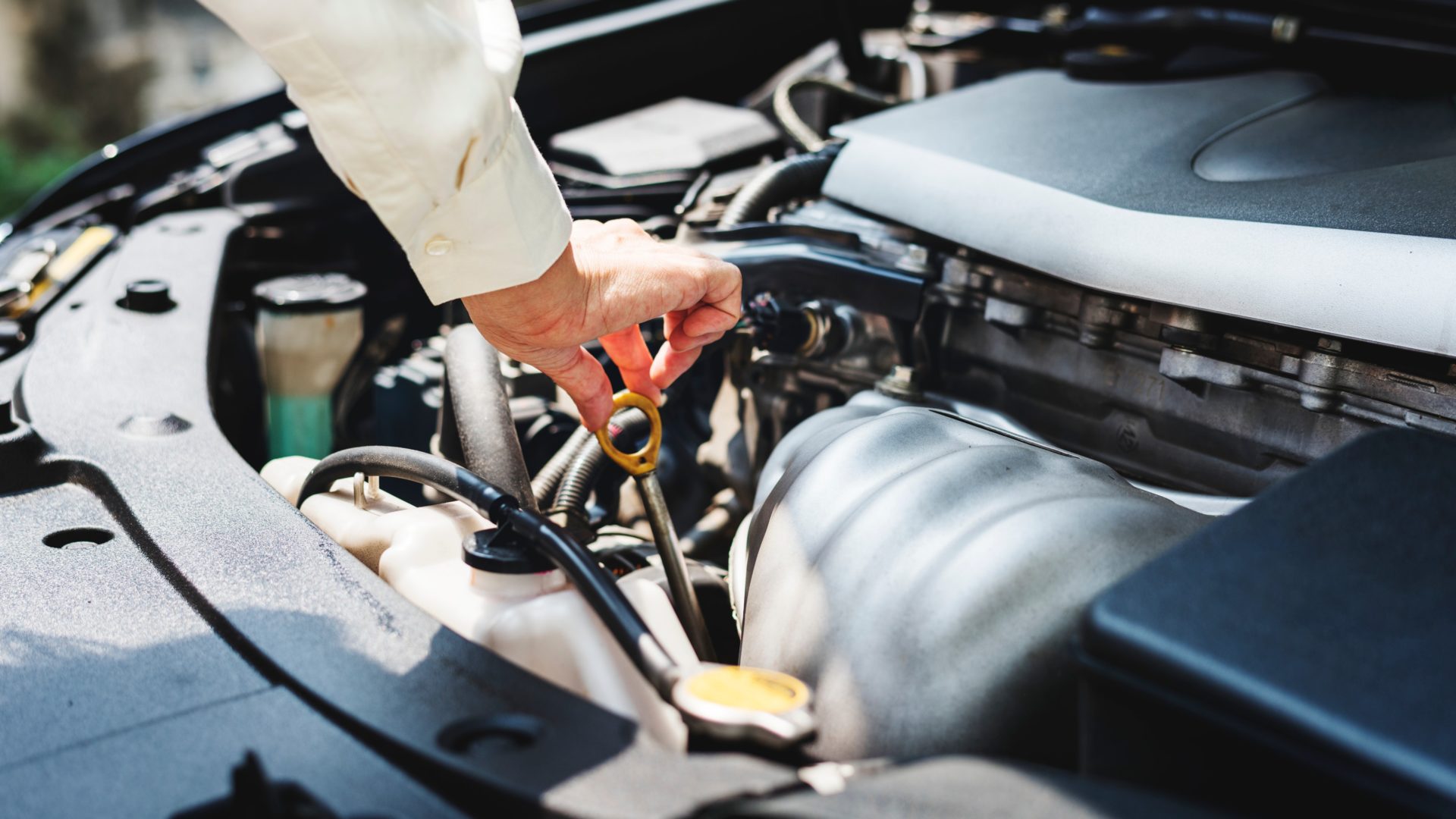
transport
New type-approval rules in the EU: Can they prevent a new emissions scandal?
In recent years, the European Commission has faced criticism from the media and civil society for not anticipating several automotive scandals.
One can cite the ‘dieselgate’ or the more recent ‘car cartel’, which led to investigations affecting a broad range of European carmakers. This situation was arguably the result of outdated type-approval rules. But they are not the only culprit. Some argue that it is also the flawed division of responsibilities between national and European authorities that has fuelled an uneven application of homologation rules.
a political initiative
Planned since 2012, the revision of the homologation rules has been one of the flagship initiatives of the Juncker Commission. In 2016, the proposal was released concomitantly with the ‘dieselgate’ uproar. The Commission, therefore, hurriedly rose the ambition of the text by including provisions that had not been foreseen initially.
The Commission put forward a profound overhaul of the existing type-approval scheme aiming to:
- Reinforce the independence of technical services by limiting their financial dependence on carmakers;
- Improve the quality of the car emission testing by introducing performance-based audits of type-approval authorities;
- Introduce market surveillance checks to ensure that vehicles on the market keep complying with EU rules during their lifetime;
- Beef up the EU oversight in the type-approval system by giving the European Commission and all national authorities the power to recall non-compliant vehicles.
These proposals were an attempt by the Commission to defuse the criticism it faced in the context of the afore-mentioned automotive scandals. Despite the apparent leniency of several national authorities, the Member States did not want to relinquish their supervision power so quickly.
In 2016, the proposal was released concomitantly with the ‘dieselgate’ uproar
NGOs, consumers’ groups, and the industry welcome the final proposal as a balanced piece of legislation that successfully addressed obvious gaps
the prominent role of the European Parliament
Arguably, the emission testing crisis has dampened the credibility of the automotive industry vis-à-vis that of environmental and consumer organisations. That’s why, in response to the ‘dieselgate’, the European Parliament created a committee of inquiry to investigate emission measurements in the automotive sector (EMIS). Its heated debates placed the revision of homologation rules under the spotlight. In the end, this committee and the publicity of its inquiry has strengthened the Parliament’s stance in the subsequent inter-institutional negotiations.
Furthermore, several left-wing political groups have gone as far as proposing the creation of an EU agency that would ensure a consistent application of the rules across the Single Market. On sovereignty grounds, this suggestion met staunch opposition from the Member States. Right-wing MEPs and several Member States also vigorously condemned the budgetary and legal implications. The debate about a new agency shows how far regulators were willing to go to mitigate the disillusion of consumers.
what next?
The final text will come into force in 2020. It will lead to a Copernican Revolution that will foster closer coordination among the Member States while preserving their supervision powers. Most importantly, it will introduce compliance tests for vehicles already on the market while the previous regime only required ex-ante conformity before type-approval.
On the repressive side, much stricter financial penalties are foreseen against carmakers. In case of non-compliance, type-approval authorities and the European Commission may apply fines of up to EUR 30,000 per non-compliant vehicle). In a separate initiative, Commissioner for Justice Vera Jourova announced in 2018 new rules to bolster European consumer protections by ensuring “tougher fines” for cheating companies and stronger legal pathways to compensate victims. It will allow consumers to claim damages individually or collectively in some cases. Unlike the United States, the previous framework did not allow for any form of compensation for EU consumers.
Meanwhile, one of the biggest concerns for the industry relates to the clarification of rules authorising emissions control software (“defeat devices”). Under the previous scheme, car manufacturers were allowed to circumvent the prohibition of such software if they endangered the engine. The ‘dieselgate’ inquiry has demonstrated the need to address the lenient interpretation of EU rules in that regard. Several cases have led to the acceptance of questionable practices. With the new framework, type-approval authorities will be able to request justifications from manufacturers and check whether the use of these devices is founded.
In the end, with the support of the media and the general public, the European Commission has introduced an ambitious new framework that should prevent the emergence of a future crisis. NGOs, consumers’ groups, and the industry welcome the final proposal as a balanced piece of legislation that successfully addressed obvious gaps.
